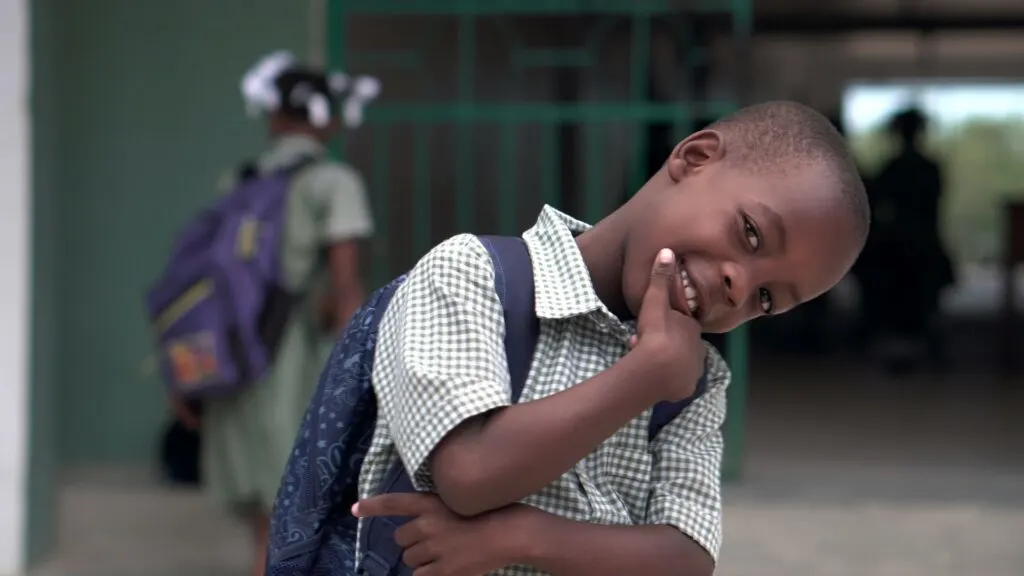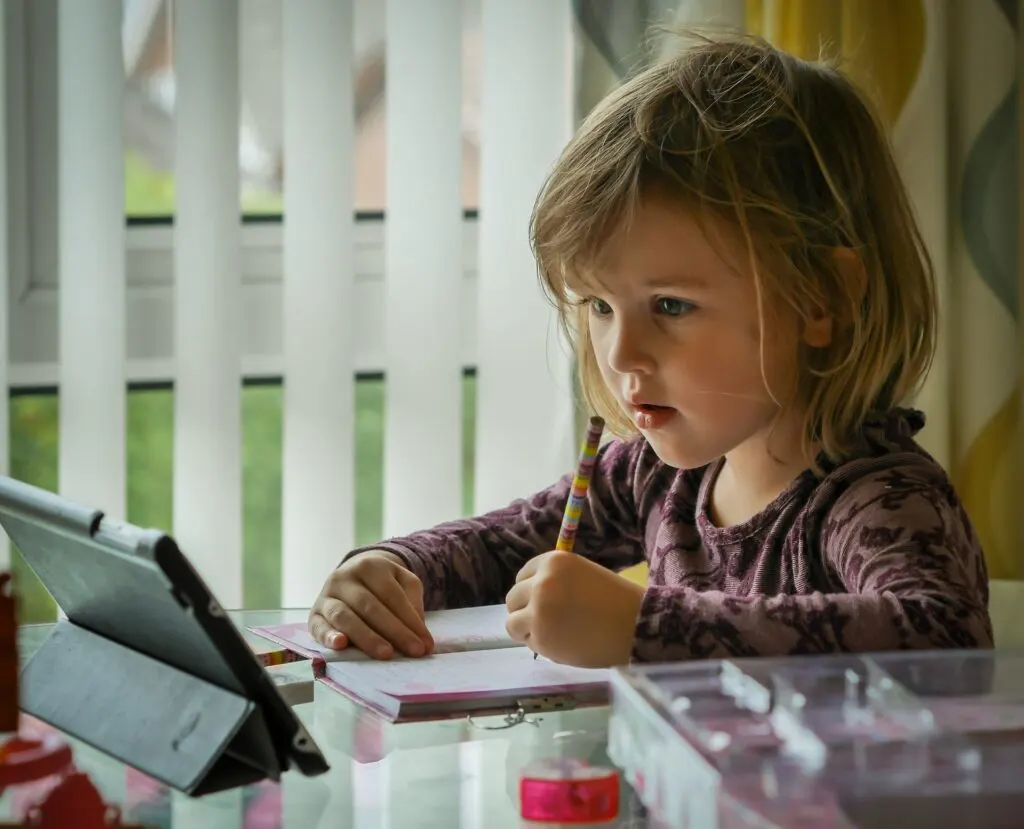School is a time when children learn how to read, write, and do the math. It’s also a time when children are exposed to new ideas and viewpoints. Unfortunately, not all of those ideas and viewpoints are positive or compatible with the child’s own. If your child has problems in school, it can be very tough to know what to do.

Today I am sharing some advice on what you should do if you think your child is struggling in school. From talking to the teacher to seeking out counseling services, if your child has problems in school these tips will help you get them the help they need.
Recognizing the Signs Your Child Is Struggling
Before you can determine if your child has problems in school, you need to be able to recognize that your child is struggling. You can find out if your child is struggling by noticing the following behaviors:
- Your child is withdrawing from activities or friends.
- Your child is displaying signs of depression or anxiety, such as changes in sleeping habits, agitation, feelings of hopelessness, and decreased appetite or interest in food.
- Your child is avoiding school or appointments.
- Your child is having trouble focusing or staying on task.
- Your child has lost interest in hobbies or favorite pastimes.
Keep in mind that not all children who are struggling will exhibit all of the above behaviors. However, if you notice any of these signs in your child, it is important to talk to them about what is going on and see if there is anything you can do to help. Additionally, if you notice any changes in your child’s mood, behavior, or energy that are not typical for them, it is important to talk to their doctor.
Assessing and Correcting the Problem
If you are concerned about your child’s academic performance, there are a few things you can do to assess the problem and correct it. First, talk to your child about what he is struggling with. Make sure you are both on the same page in terms of what he is struggling with and what he needs to do to improve his grades.
Next, take a look at his study habits. Do his homework assignments and tests fit neatly into the allocated time? Is he spending too much time surfing the Internet or watching TV instead of studying?
Lastly, make sure your child is getting adequate rest and sufficient exercise. Studies have shown that students who get enough sleep and exercise perform better in school.
Also, the principles of Applied Behavior Analysis (ABA) can be helpful in addressing academic problems. Furthermore, if your child has problems in school, it might be necessary to seek professional assistance.
Keep in mind that each child is unique, so you will need to tweak these steps based on your child’s individual situation. However, these are some general tips that can help improve your child’s academic performance.
Helping Your Child Find a Solution
If your child is having problems in school, you need to help your child find the solution. First, talk to your child about their concerns. Ask your child what they think the problem is. Sometimes it’s helpful to have them draw a picture or a map of the classroom to help them visualize the situation. Finally, try to find a solution together.
Sometimes it’s best to throw out preconceived notions and gather all of the information possible before making any decisions on how to help if your child has problems in school.
For example, if your child is struggling in math, you might try tutoring sessions or study with flashcards. If your child is having trouble with reading, you could try finding a tutor who can help them learn more effectively.
If your child has problems in school, it’s important to talk to an educational professional about the situation. There are many different resources available that can help your child improve their skills. Plus, they can also get support from other students who are going through the same thing.
Establishing Clear Rules and Limits
Establishing rules and limits with your child does not mean that you are overbearing or authoritarian. It means that you are setting boundaries for your child so that he or she knows what is acceptable and what is not. When your child has problems in school, sometimes that means setting limits on how much homework he or she can do each night. It also means setting rules about what type of TV shows and movies he or she can watch.
Before you establish any rules, it is important to explain them to your child. Tell him or her exactly what is allowed and what is not. Make sure your child understands why the rule exists and how it will benefit him or her. For example, limiting TV and computer time may help your child stay focused in school.

Make sure you enforce the rules your child has been taught. If he or she breaks a rule, take clear and consistent action. For example, if your child is supposed to finish his or her homework by 8 p.m., make sure that he or she does so. If he or she does not finish his or her homework, punish him or her accordingly.
Encouraging Your Child to Get help from Teachers and Counselors
If your child is having problems in school, you may want to talk to the teacher or counselor. Teaching and counseling professionals can help your child learn more effectively and resolve any issues that are causing problems. You may also want to talk to a therapist. A therapist can help your child understand his or her feelings and thoughts, which can help resolve problems.
Final Thoughts on What to do if Your Child Has Problems in School
If your child has problems in school, there are things you can do to help. First, try talking to your child and see what the problem is. Sometimes children just need some extra guidance from their parents in order to be successful in school.
If that doesn’t work, the next step would be reaching out to his or her teachers. Teachers are usually more than happy to give you more information on how your child is doing and what might be causing the problem.
Finally, if all else fails, consider seeking professional help for your child. There may be another issue going on that needs to be addressed and professional intervention may be the best solution for your son or daughter.
